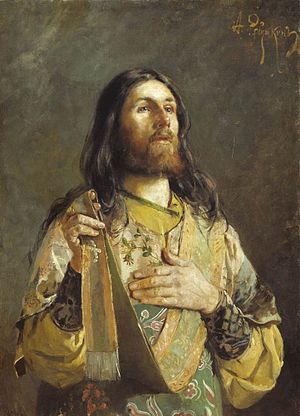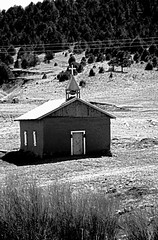 Image via Wikipedia
Image via WikipediaI realised today I hadn't posted about the withdrawal of the invitation to hold a Methodist ordination service at Metropolitan Cathedral of Christ the King in Liverpool. This was on the front page of the Methodist Recorder last week and so has already had plenty of coverage. I have, however, found a blog post from Mark Rowland who is to be ordained at the service. The post includes the statements made by Archbishop Patrick Kelly and the District Chair, Revd Jim Booth.
Some time ago Methodist Ecumenical News went onto Twitter and you can find the recent tweets in the sidebar. I use this mainly to publicise these posts. Occasionally however, I add links to interesting posts, so it's worth keeping an eye on the sidebar. If you highlight any interesting ecumenical posts in the comments, I can Tweet them if I agree they are relevant. I'm planning to start a Facebook page soon.
The results of the United States dialogue between Moravians and Episcopalians is the document Finding Our Delight in the Lord.
Finally, a link to a Vatican Radio interview of Anglican Archbishop David Moxon of New Zealand and Catholic Archbishop Bernard Longley of Birmingham, who are leading the 10 day inaugural session of ARCIC III, the Anglican-Roman Catholic International Commission, which is due to conclude today.































